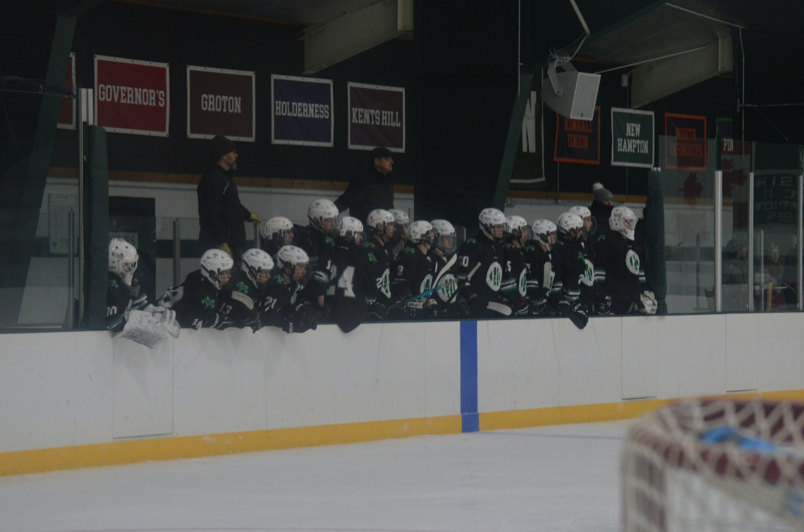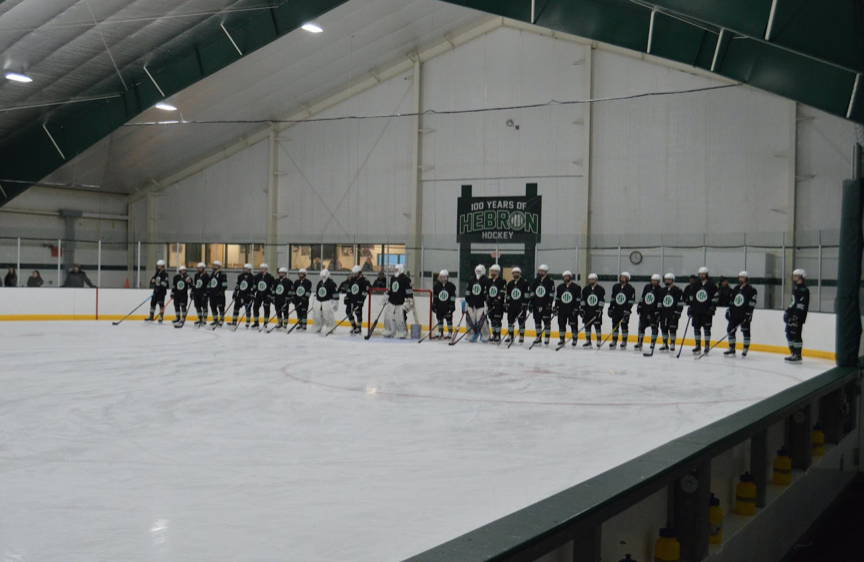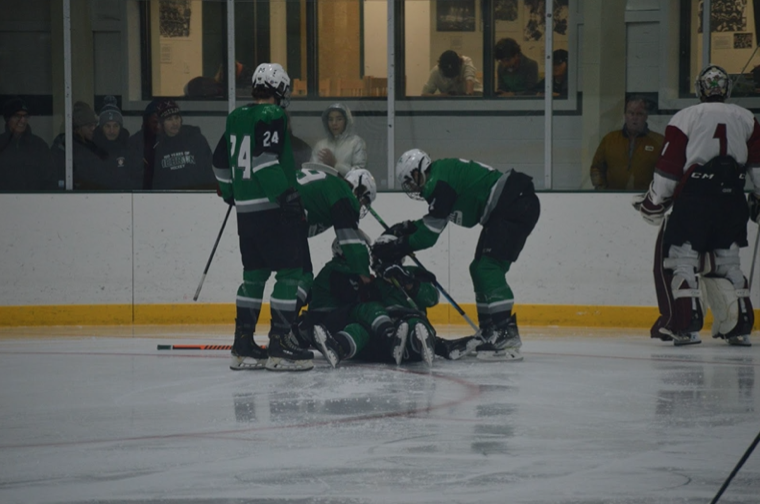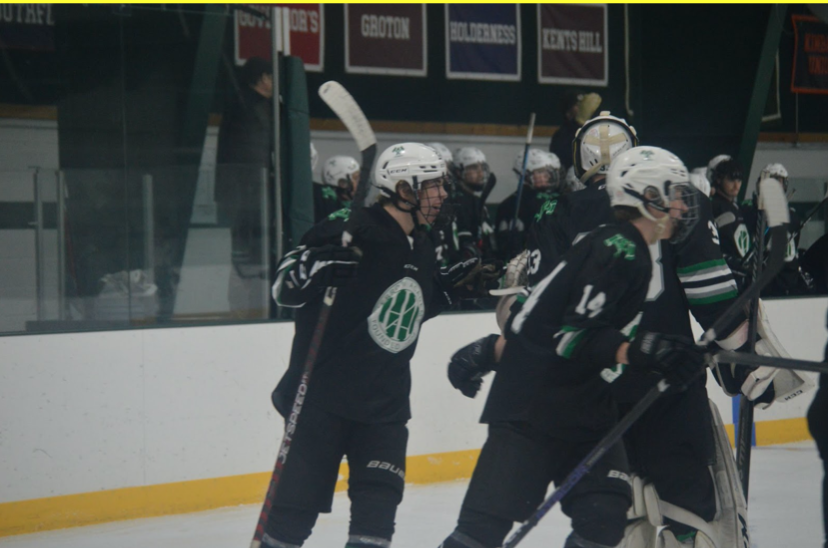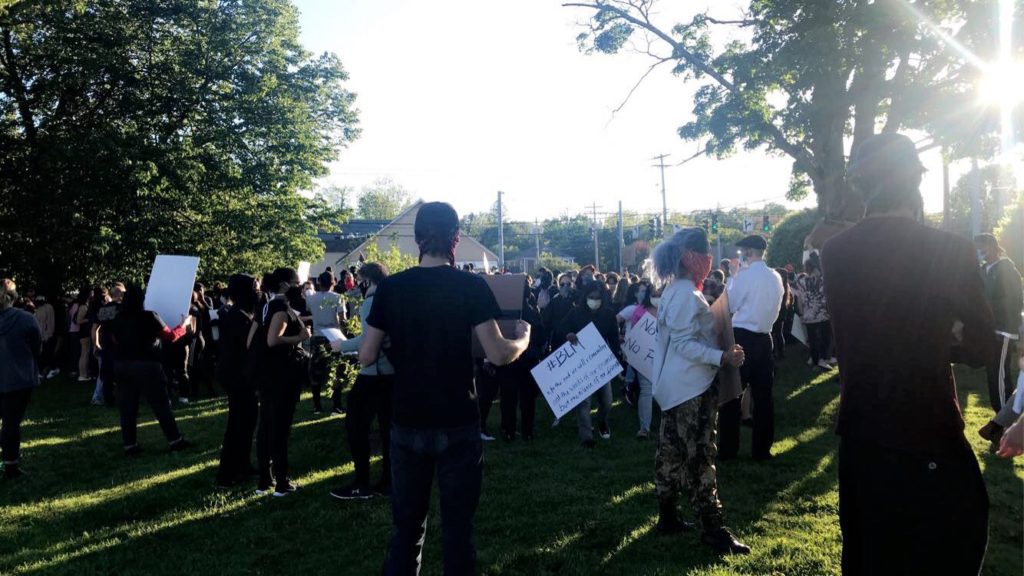“More feminist brainwashing.”
“Women just want to feel victimized because it makes them feel better.”
“Absolute garbage.”
“Enough is enough with this feminist nonsense.”
“I find this video repulsive.”
“You’ve lost my business.”
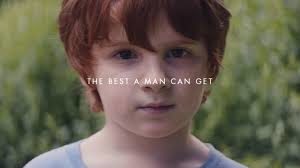
If you scroll through the comment sections of Gillette’s “We Believe: The Best Men Can Be” and Nike’s “Dream Crazier” advertisements, these are only a tiny fraction of the hate manifesting there, hate towards four minutes’ worth of ideas proposing equality and responsibility and humanity. And above all, hate towards feminism.
What is feminism exactly? If you ask any random person if they consider themselves a feminist, chances are they’d say no because in our society the word “feminist” comes with such a negative, hated connotation. However, you’d probably be more hard pressed to find someone who truly disagrees with what the feminist movement actually stands for. Oxford Dictionary defines feminism as “the advocacy of women’s rights on the ground of the equality of the sexes”. There are many misconceptions that feminism means that women are better than men and they want to take over the world and oppress men (or something along those lines…). In reality the feminist movement is only asking for equality for all, regardless of your sexual orientation.
Gillette attempted to address the concept of feminism through the lense of toxic masculinity in their ad “We Believe: The Best Men Can Be”. An article in Independent Magazine describes toxic masculinity in this way: “harmful behaviour and attitudes commonly associated with some men, such as the need to repress emotions during stressful situations, and to act in an aggressively dominant way.” Gillette’s ad focused on the idea that has been ingrained into our society, giving boys a pardon for acting out in inappropriate ways, the idea that “boys will be boys.” It shared images of bullying, sexual harassment, catcalling, physical aggression, talking over women in a professional environment- things that women may do as well, but are typically attributed to men and are far too normalized in our culture. It addressed the #MeToo movement that has been taking the country by storm and asked men to hold other men accountable.
One of the main protests I have heard and seen in the comments is that “not all men” do the things in the video. And I, as a feminist, 100% acknowledge that as a fact. However, while the men in my life may not be sexual predators or misogynists, that doesn’t change the fact that there are men that are able to get away with these problematic actions because our society allows them to. If guys make sexist comments about girls, it’s brushed off as “locker room talk.” Too many white boys charged with rape have been let off more easily because a felony could “ruin their future,” with no regard to the fact that being raped has already changed that girl’s future.
No, not all men are the problem. But the issue is allowed to continue when boys are not held accountable. The whole point of the advertisement is when the narrator says “some is not enough.” Some men are good people and are not a direct part of toxic masculinity; however, if we want to change society and truly reach equality for all genders, men need to hold other men accountable. The ad shows the young children watching, and says that “the boys of today will be the men of tomorrow.” Men and women alike need to set good, healthy examples for the next generation if change is going to happen.
Nike tried to set these good examples with their ad campaign, “Dream Crazier.” The video series focuses on a variety of famous female athletes who have achieved their dreams through hard work and commitment. The video starts by addressing double standards in women’s athletics, saying that women who stand for something are called “unhinged” and women who get angry are called “hysterical and irrational”, words rarely used when discussing male athletes in similar positions. It goes on to focus on the word “crazy” and how it is used in a negative, derogatory way. However, as it progresses the message is to take control of your own narrative, describing amazing athletic accomplishments by female athletes who were all called “crazy”. The ad ends in a similar way that the Gillette ad did: with close ups of young female athletes, and the line, “So if they want to call you crazy, fine. Show them what crazy can do.”

When I first saw the video, I knew there would be backlash, but I was (and am) not quite sure why. What I see in that minute and a half is a video empowering women to dream their craziest dreams and do what it takes to get there. Nowhere in it does it specifically call out men or involve men at all, in fact. So my question is why has it made so many men defensive and angry? One comment called it “feminist brainwashing;” another said that all they got out of it was that “women are crazy.” If that was how the interpreted it, then they clearly didn’t get the message. There should not be any controversy over women supporting other women in their dreams; in fact, it should be celebrated rather than criticised and ridiculed. The young girls watching this ad should take away that they can do what they put their mind to and that their dreams are not crazy or irrational- really, all women should be told that. Because just as in the Gillette ad, the children of today are the adults of tomorrow, and if we lift them up, then we’re securing them and the generations to come a better future.
Check the ads out in the links below! Let us know your opinions on these ads in the comments. How can we relate these topics to Hebron’s community and campus, whether in athletics, classes, or everyday life?
Gillette advertisement: https://www.youtube.com/watch?v=koPmuEyP3a0
Nike advertisement: https://www.youtube.com/watch?v=whpJ19RJ4JY
Citations:
Gillette. “We Believe: The Best Men Can Be.” YouTube, Gillette, January 13, 2019, 1:48.
https://www.youtube.com/watch?v=koPmuEyP3a0
Nike. “Dream Crazier.” YouTube, Nike, February 24, 2019, 1:30.
https://www.youtube.com/watch?v=whpJ19RJ4JY
